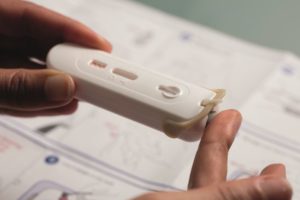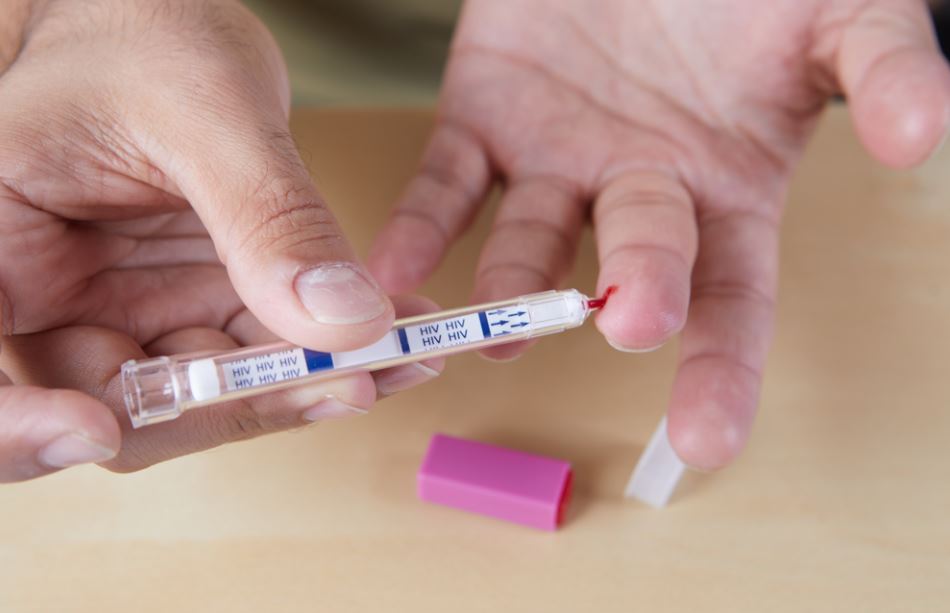The demand for medical self-tests is growing. You can buy a self-test kit in pharmacies, drug stores, or on the Internet without having to see a doctor and check comfortably at home to see whether you suffer from diabetes mellitus, a vitamin deficiency, or an STD. Visit Beste-Hilfe for a review of some of the best self-test kits from Lykon.
How safe are these self-tests? Which parameters and diseases can be detected with them, and when should you ask the doctor for advice? In this article, we present some self-tests and give you the most important advantages and disadvantages.
What Self-Tests Are There?
There are several medical self-tests that you can buy online and perform at home or on the go. These self-tests are either offered individually or as packages in which specific analyses are put together on a topic (e.g., weight loss) or a complaint (e.g., fatigue). Body fluids such as blood, urine, saliva, or the exhaled air are analyzed. These are usually:
medical self-tests that you can buy online and perform at home or on the go. These self-tests are either offered individually or as packages in which specific analyses are put together on a topic (e.g., weight loss) or a complaint (e.g., fatigue). Body fluids such as blood, urine, saliva, or the exhaled air are analyzed. These are usually:
- Blood tests,
- Urine tests,
- Stool tests,
- Saliva tests and
- Breath tests
You can either read the result of the self-test directly, for example, if a test strip changes color or when the device shows you the evaluation on display. For some medical self-tests, the sample you have taken (e.g., blood sample) must also be sent to a laboratory and analyzed there. You will then be notified of the test result a few days later.
Self-Tests: What to Keep in Mind
Medical self-tests that you can do at home or on the go have advantages and disadvantages. If you decide to do a self-test, here are some things to keep in mind:
- Self-tests can be carried out comfortably from home – you save yourself the trip to the doctor’s office. This is undoubtedly one of the greatest advantages of self-tests.
- You don’t have to wait long for the test result either – you don’t need a doctor’s appointment, which you as a health insurance patient sometimes have to make well in advance.
- Self-tests are offered that do not make sense from a medical point of view. As a medical layperson, you can only assess the necessity to a limited extent.
- Sometimes more tests are needed to diagnose or rule out a disease that can only be done in a doctor’s office.
- Some self-tests are inferior to a medical specialist laboratory diagnosis with regard to their reliability and informative value. Therefore, do your research well about the test and the provider.
- For blood tests, you usually need to prick your fingertip to get blood – this implies overcoming.
- You must strictly follow the instructions for performing the self-test. Otherwise, there is a risk of application errors that can falsify the result.
- Medical self-tests at home are discreet – neither your doctor nor your health insurance company will find out about the result. But you may be spending money on exams that your health insurer would pay for if you had them done by a doctor. However, this only applies to examinations in which the doctor has a reasonable suspicion of an illness.
- A self-test is no substitute for a doctor! It only gives you clues. A doctor should only make a medical diagnosis.

